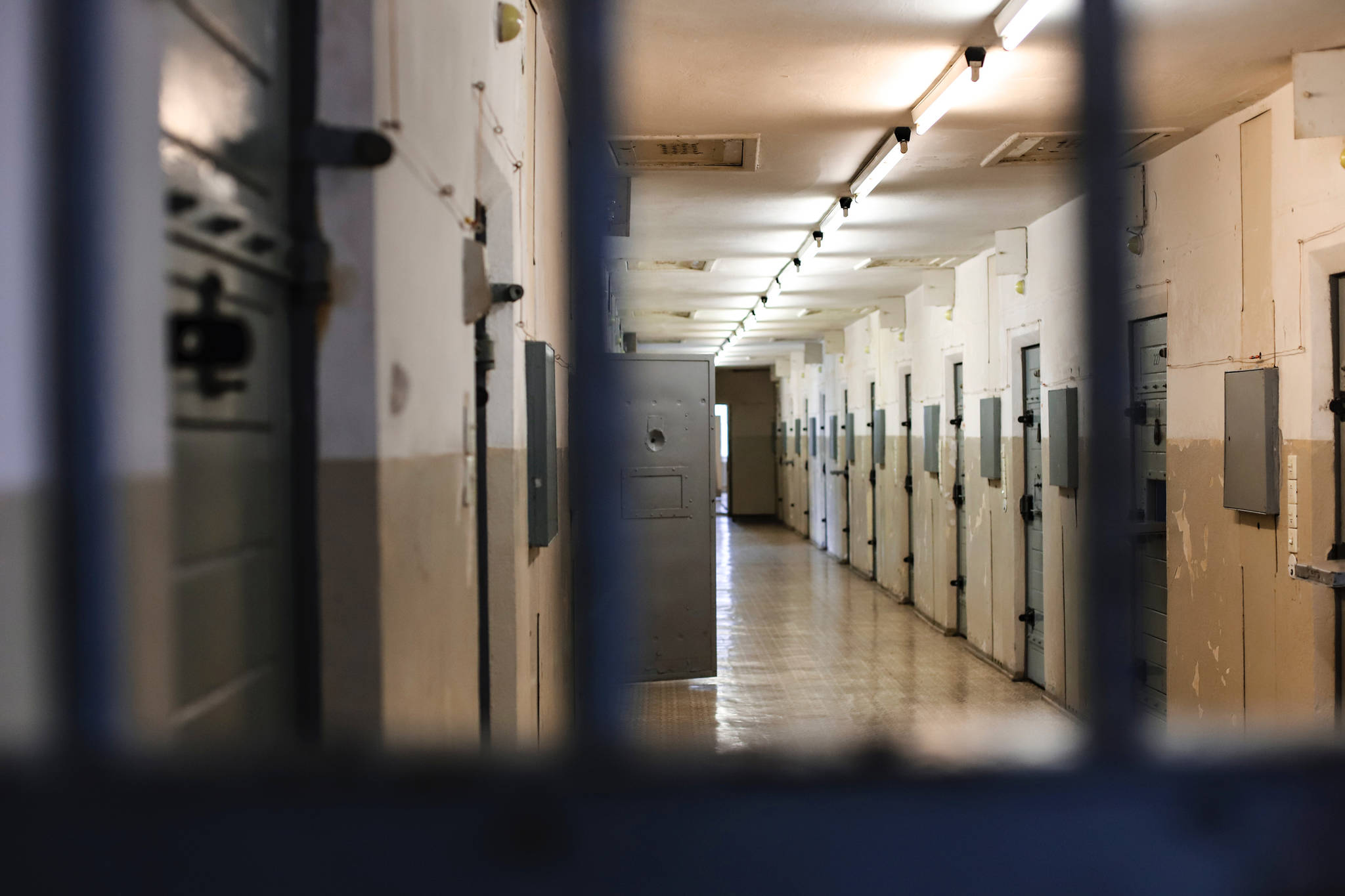Many of us are lifelong prosecutors who have spent years in the trenches trying to do the best we can to keep Alaskans safe and seek justice. We work side by side with law enforcement to try to get offenders off the street who are likely to do more harm, get them into treatment and achieve the best outcome under the circumstances to protect the community.
The current criminal laws tie our hands, along with the hands of judges, and keep us from achieving these important goals.
We thought it’s important to speak out and make sure the perspective of an everyday prosecutor is represented. We may not be able to control all the factors surrounding crime — that is a constant struggle those in the criminal justice system face. But, through our laws, we can control the range of outcomes and incentives available to cut down on the number of individuals who are reoffending — sometimes within just days or weeks.
[Has Juneau’s crime wave peaked?]
Right now, the laws are not working. Drug offenses are a good example.
The U.S. Department of Justice, Bureau of Justice Statistics followed approximately 400,000 prisoners over nine years throughout 30 different states. The study found that 77 percent of released drug offenders were rearrested for non-drug-related offenses within nine years. This just shows that drug use and drug addiction transcends committing drug offenses, and can lead to other serious issues.
We have to have the tools to deal with drug crimes comprehensively and nimbly, depending on the circumstances and risk factors. Right now, there is effectively zero jail time for drug possession, which means there is zero incentive for an addict to try to get clean. This has to change.
This leads us to the pre-trial risk assessment tool. Although it sounds good on its face, the actual implementation of the risk assessment tool has led to decisions on bail and release being made on less information, not more, and has resulted in the release of individuals who present a significant public safety risk.
[Bill would ‘redefine’ sex crime in Alaska, broaden definition of sexual assault]
What we know from experience — and is also born out in the DOJ study — is that there is a subset of offenders who never learn, no matter how many times they are arrested. Judges need to have the flexibility to take all information into account, including prior offenses, and determine what risk an offender poses to the community when determining bail. And prosecutors need to have the tools to incentivize good behavior.
This is true of technical violations of conditions of probation and parole as well.
Under current law, no matter how many technical probation or parole violations an offender commits, the punishment is generally three to 10 days maximum. This means an offender who commits a technical violation has free reign to commit as many more technical violations as he/she wishes without further consequence so long as the additional violations occur before the court sanctions the offender for the first one.
This provides no incentive to be on good behavior, nor is this a good system of probation or parole.
Another item important to highlight is our atrocious track record as a state when it comes to sex offenses, and the current loophole in our law that allows sex offenders from other states to come to Alaska and not register as a sex offender.
We have people calling our state and asking if they would have to register if they moved here. If you had to register in another state, you should have to register here in Alaska. We have enough problems with sex offenders as it is, and we shouldn’t be incentivizing sex offenders to move to Alaska.
These are just a few of the examples of the improvements to our criminal justice system that are in bills currently moving through the Legislature. We respectfully urge the Legislature to take these bills seriously, and amend our laws to provide the tools and discretion necessary to let prosecutors, troopers, police and judges do their jobs.
We do believe these changes will make a difference.
• Angie Kemp is the Juneau’s district attorney and John Novak is Anchorage’s district attorney. This My Turn is also submitted on behalf of Fairbanks District Attorney Gregg Olson (retired), Kodiak District Attorney Gustaf Olson, Nome District Attorney John Earthman, Kenai District Attorney Scot Leaders and Palmer District Attorney Roman Kalytiak. My Turns and Letters to the Editor represent the view of the author, not the view of the Juneau Empire.

